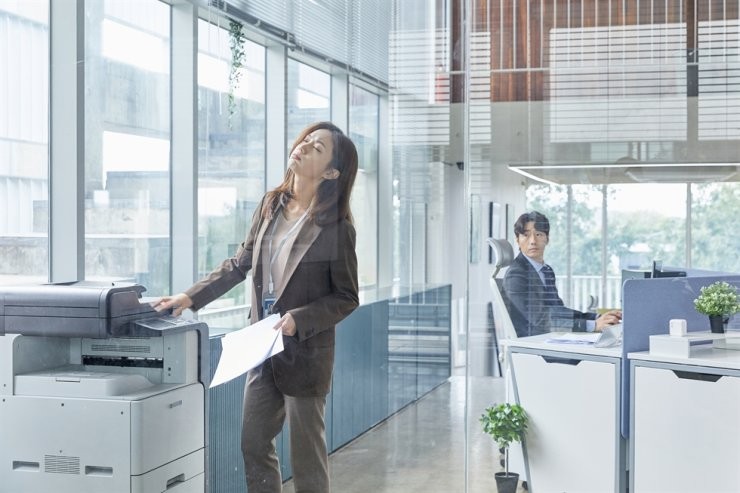 |
| The number of working women in South Korea hit an all-time high last year, but the gender pay gap remains unresolved. (Source: Korea Times) |
According to a report released by the Ministry of Gender Equality and Family on September 6, the employment rate of women in the country surpassed 60% for the first time last year, but the gender wage gap remains high. On average, women still earn significantly less than men.
Specifically, the employment index of women aged 15 to 64 reached 60%, an increase of 7.3 percentage points compared to 2010. This is the first time this figure has reached 60% since the ministry began compiling data in 1997.
The gender wage gap has improved since 2010, but the average hourly wage for women is 18,113 won ($13.58), just 70 percent of the average hourly wage for men, which is 25,886 won ($19.41). In terms of monthly wages, women receive about 2.68 million won ($2,009.29), just 65 percent of the 4.13 million won ($3,096.41) earned by men.
The proportion of female workers earning less than 65% of the average monthly wage, classified as low-wage workers, stood at 22.8% – nearly double the male rate of 11.8%. The proportion of low-wage workers has been steadily falling for both sexes, from 16.2% for men and 39.8% for women in 2010, down 4.4 percentage points and 17 percentage points respectively over 12 years.
The proportion of women working in companies with more than 300 employees — the threshold for large conglomerates, which traditionally have more stability, higher wages, more benefits and better job security in South Korea — was 8.4 percent, up 2.8 percentage points from 2010.
The report also found that men served an average of 11.9 years in listed companies and women stayed an average of 8.9 years, with a difference in service length of 25.1%.
Meanwhile, in state agencies, the average working time is 13.9 years for men and 9.5 years for women, marking a difference of 31.5%.
The report shows that “the gender gap in wages and working hours is gradually decreasing,” said Kang Min-jeong, a senior analyst at the Korea Women’s Development Institute. More women are in stable jobs and are paid relatively higher wages than they were 12 years ago.
“This is mainly due to the continuous increase in the proportion of female workers and working hours,” said Kang Min-jeong.
Source





![[Photo] Readers line up to visit the photo exhibition and receive a special publication commemorating the 135th birthday of President Ho Chi Minh at Nhan Dan Newspaper](https://vphoto.vietnam.vn/thumb/1200x675/vietnam/resource/IMAGE/2025/5/17/85b3197fc6bd43e6a9ee4db15101005b)
![[Photo] More than 17,000 candidates participate in the 2025 SPT Competency Assessment Test of Hanoi National University of Education](https://vphoto.vietnam.vn/thumb/1200x675/vietnam/resource/IMAGE/2025/5/17/e538d9a1636c407cbb211b314e6303fd)
![[Photo] Prime Minister Pham Minh Chinh chairs meeting on science and technology development](https://vphoto.vietnam.vn/thumb/1200x675/vietnam/resource/IMAGE/2025/5/17/ae80dd74c384439789b12013c738a045)





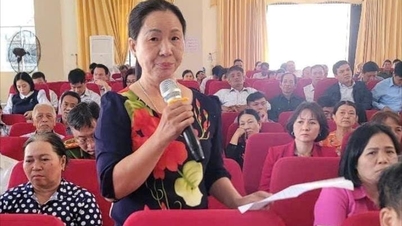




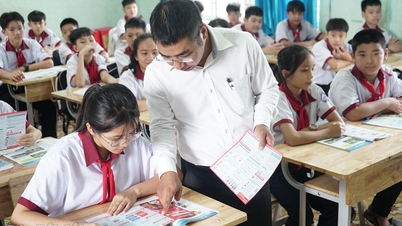








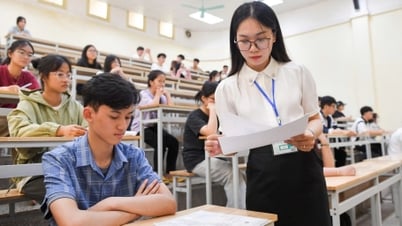
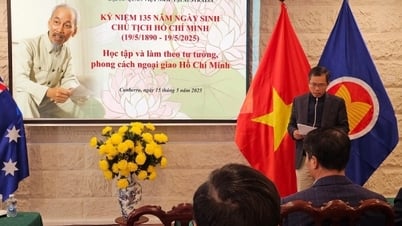
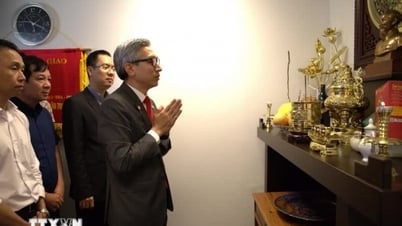


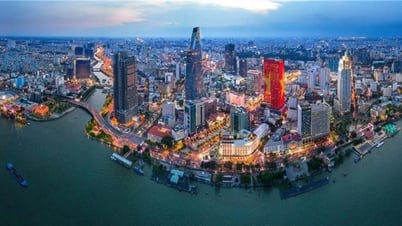
![[Photo] Nearly 3,000 students moved by stories about soldiers](https://vphoto.vietnam.vn/thumb/1200x675/vietnam/resource/IMAGE/2025/5/17/21da57c8241e42438b423eaa37215e0e)





































































Comment (0)